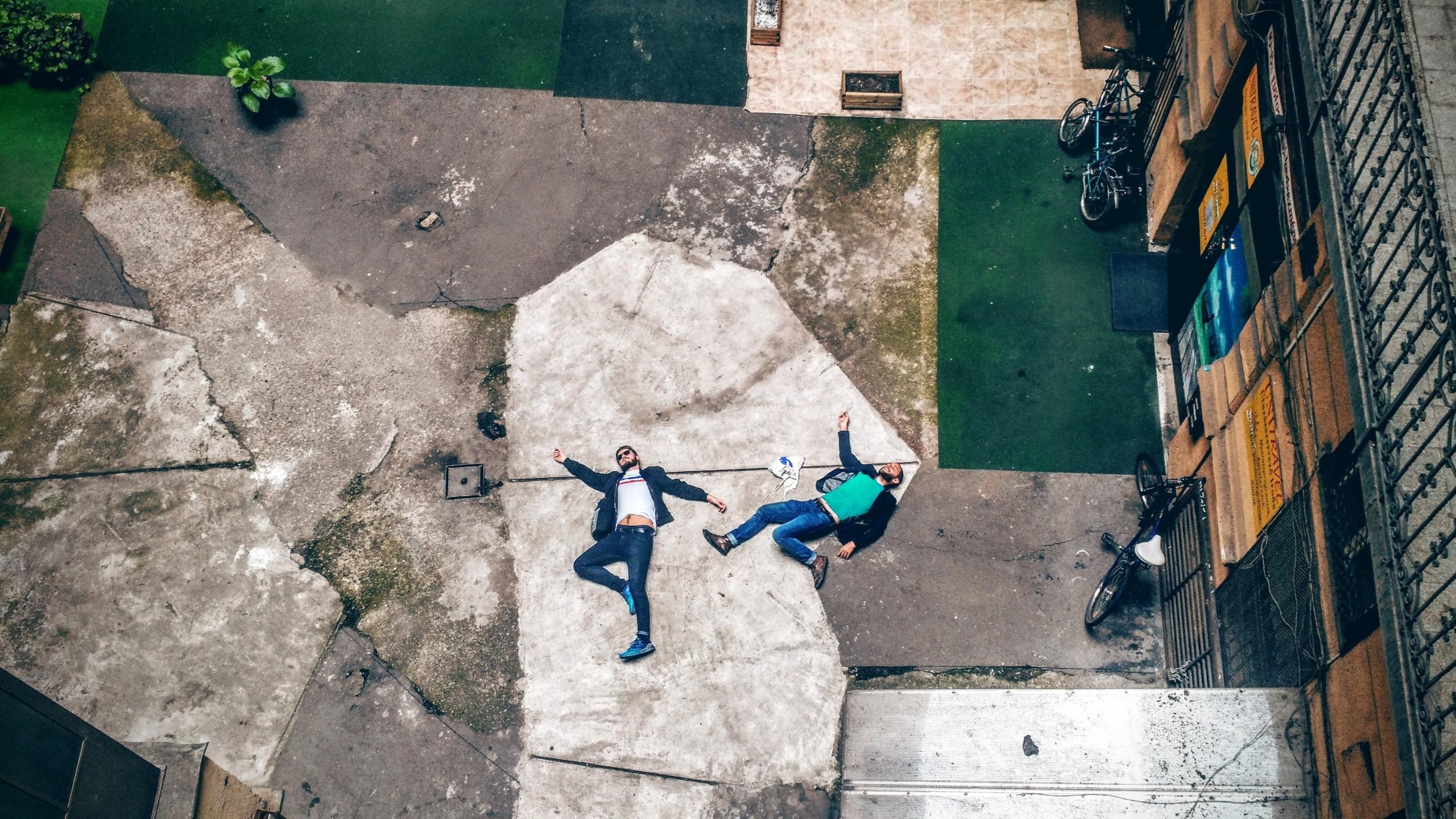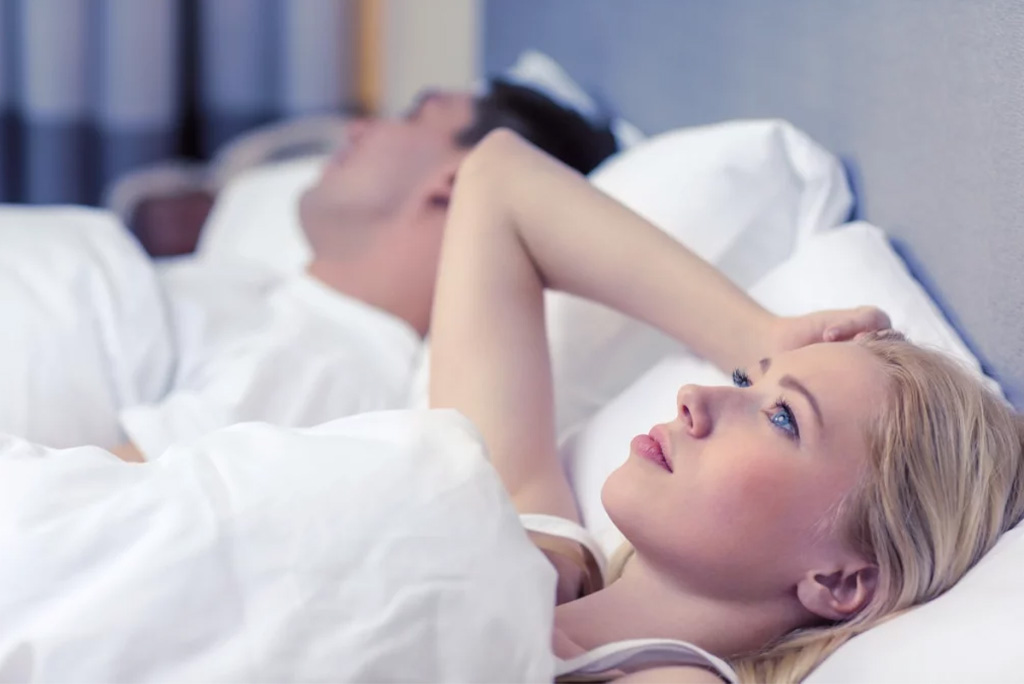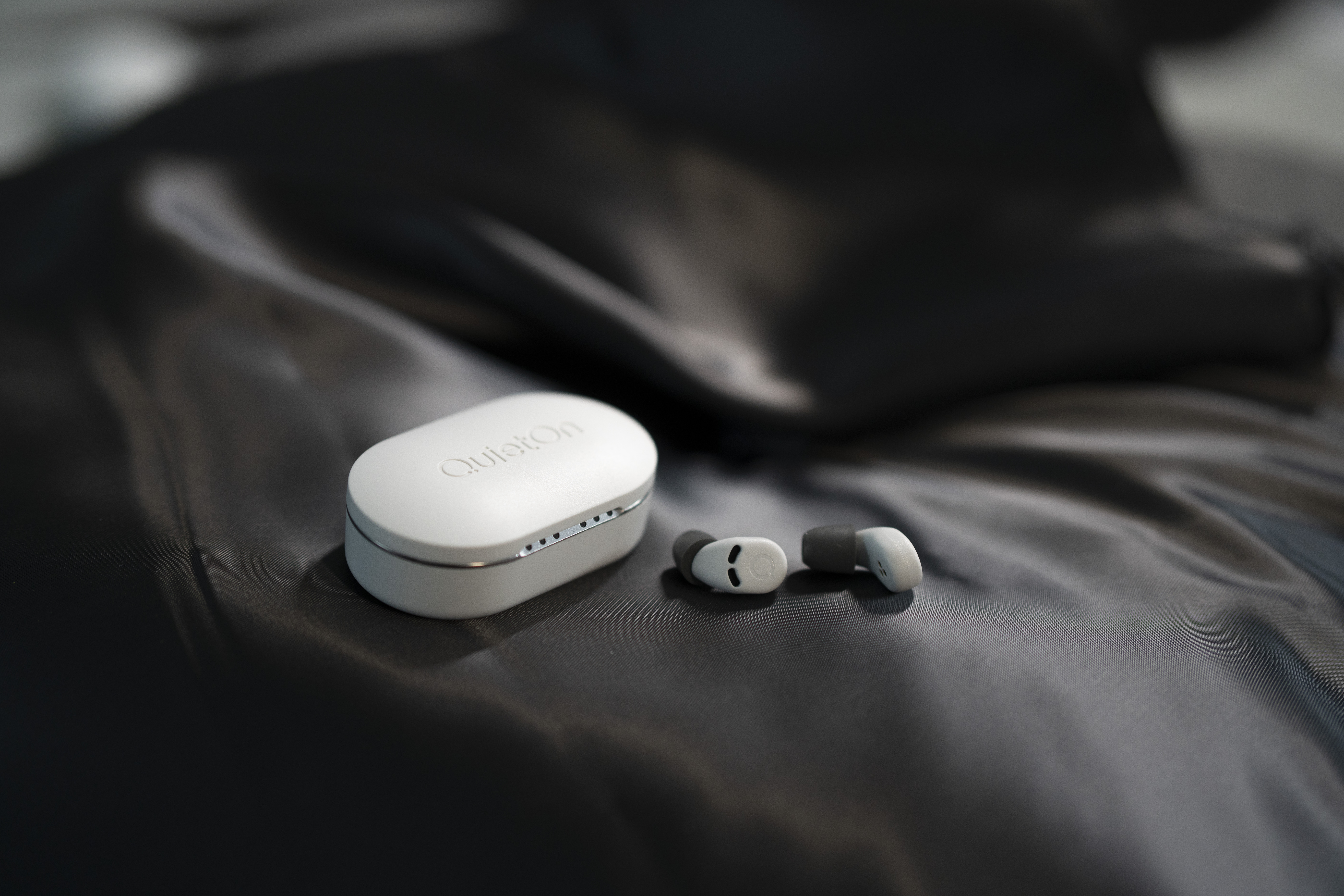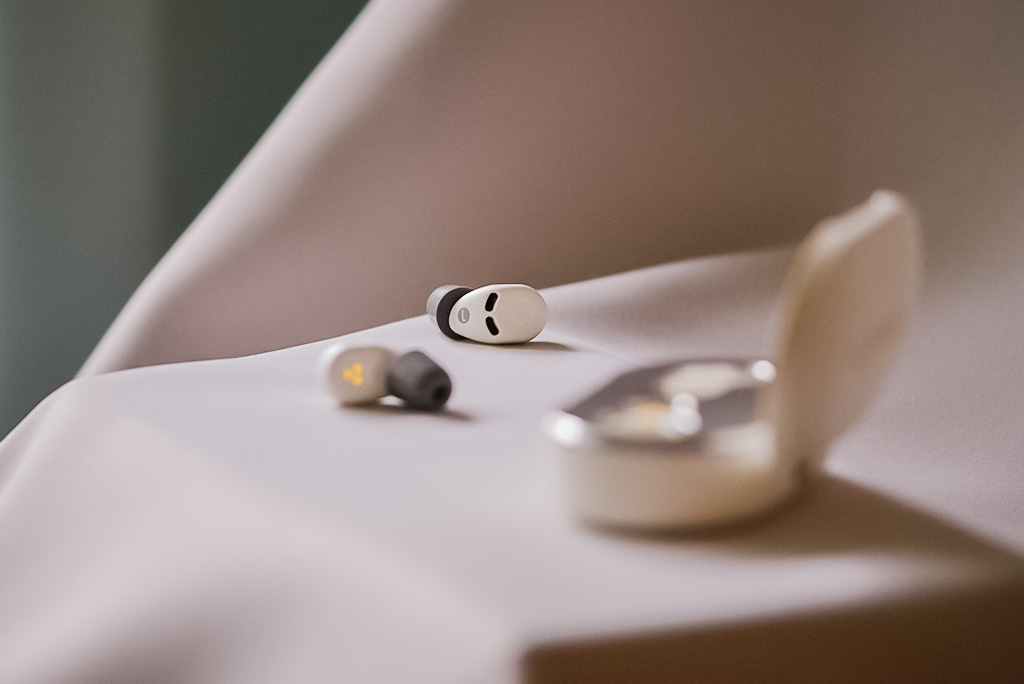Your cart is currently empty!
Managing with Shift Work’s Effects on Sleep
Last time in our series of sleep-related articles we got familiar with shift work’s effects on sleep. As a natural continuation, this time we’ll be covering possible remedies and ways to manage these effects. Put sleep in your calendar Embrace the darkness Cool down and reduce noises Eat for the quality of sleep Sport a…

Last time in our series of sleep-related articles we got familiar with shift work’s effects on sleep. As a natural continuation, this time we’ll be covering possible remedies and ways to manage these effects.
- Put sleep in your calendar
- Embrace the darkness
- Cool down and reduce noises
- Eat for the quality of sleep
- Sport a good habit
Scientists state that people feel sleepy, as well as alert, at slightly different times because it has in survival’s point of view been essential to our ancestors. It’s easy to imagine the benefits of someone always being awake while your group is at nature’s mercy. Maybe this is why there’s always at least one person in a nightlife entourage who seems to be able to keep up all night.
This doesn’t exactly mean that working nights and sleeping days would be natural to anyone, but it does mean there’s at least some leeway – and in fact you should probably use it. Are you new to shift work or a veteran but just haven’t paid that much attention to sleep? You might find it useful to do so. Especially if you’re having difficulties falling asleep or experiencing fatigue no matter how much time between shifts you spend in bed.
Put sleep in your calendar
For some, hitting the sack as soon as they are home simply works. Often they are the type that are in La La Land before their head hits the pillow. For others it is impossible to fall asleep without staying up and winding down for a while. The key is not to force it. Instead try and find a schedule that suits you.
This can be achieved in as traditional a way as pen and paper but on the other hand today’s wearable devices already have comprehensive features regarding sleep that can be really helpful. Whatever the means, keep a diary of your sleeping. Even if it might at first seem a bit of an effort, making notes can reveal patterns and problems you might not have even noticed. They could for example explain a sense of tiredness or fatigue that results even if the sleep seemingly lasts for the 7 to 9 hours that is considered healthy. Adjusting your sleeping habits accordingly can in the long run make all the difference in your coping.

Try to go to bed at different times and pay attention to the times of day that seem to be most optimal for you to fall asleep. This way you’re able to find out whether it’s best for you to time your sleep right after a shift or towards the next one, and thus enable yourself the best chances of getting quality sleep.
This is of course easier if you work regular shifts but scheduling your sleep is all the more helpful if your shifts rotate. There are a couple of remedies for this as well. For example, you could have a short sleep before your first night shift. In turn, if you’re coming off night shifts you might benefit from a short sleep and going to bed earlier the same night.
After finding a suitable sleeping schedule it is important to keep it up since as you might recall, regularity is at least as important as the duration of sleep, if not more important. Obviously guaranteeing the restorative effects of sleep in the long run and staying able to fight off the effects of shift work on sleep consist of more than one factor.
Embrace the darkness
This utterance might sound more like a Finnish band name than a life hack, but it has scientific grounds. As discussed in our previous article, your body operates in tune with the Earth’s rotation. Sleeping against this rhythm is therefore naturally difficult. Additionally, there are the external factors such as more excessive noise pollution and warmer temperatures that are prone to make daytime sleep shorter, lighter and of overall poorer quality.
To help make the environment favourable for sleeping, it’s smart to make it as night-like as possible. The easiest way to achieve this is of course making the sleeping quarters dark. If you’re a sensitive sleeper, preferably completely dark. You see, for some people even a few rays of sunlight through the curtains are enough to make their body consider it’s time to be awake.

For this reason some athletes who need to travel around the globe, such as Formula 1 drivers, are kept in complete isolation from experiencing daylight until they are acclimated to the destination time zone. This is of course an extreme example but still pretty much the same thing experienced travellers are trying to achieve while yanking the hotel room curtains shut. If you’re a light sleeper (Pun intended to lighten up the mood. Wow, another one.) you might want to consider practising isolation from daylight before your sleep in between shifts.
Then again some people can sleep even through the so-called midnight sun of the Northern hemisphere summer. The thing is not necessarily the well-lit surroundings but the change in the amount of light. For them it’s enough to stimulate their normal melatonin excretion and enable falling asleep. This just goes to show that the relation between sleeping and the amount of light is somewhat a matter of getting used to. Maybe this is why Kimi Räikkönen hasn’t ended up needing the aforementioned trick.
Cool down and reduce noises
Alongside darkness there are other ways of adapting your sleeping surroundings to a more night-like state. People usually sleep more sound in a cool temperature than warm. This is why it might be beneficial to adjust your bedroom temperature down a notch.
Another essential factor is to reduce the possibility and amount of noise disturbance. In an urban living arrangement this may be achieved for example by locating the bedroom as far from traffic noise as possible. It’s also smart to reduce the possible noise pollution of household appliances and other such sound sources in the near vicinity of the sleeping area.
Managing with all these adjustments is of course not always possible but making one’s best might already make a huge difference in managing the effects of shift work. It’s also good to remember that sometimes things that feel like being beyond one’s own sphere of influence, can be helped after all.
One such thing is sleeping in a noisy environment. If you don’t feel like telling off your neighbours, rearranging the traffic around your home or shutting down the air-con in the middle of a heatwave, there’s still help available. QuietOn Active Noise Cancelling earbuds are especially designed to fit in one’s ear more comfortably than traditional foam earplugs, and to eliminate the kind of low frequency background noise such as traffic, people talking, running of machinery etc. Why not further the peace and quiet with QuietOn? More on the subject here.
Eat for the quality of sleep
Even though rest and especially restorative sleep is considered to be the most important factor for overall well-being, it’s still only one of three cornerstones. One should not overlook the importance of a steady and healthy diet. This of course applies to everyone and affects many things in all of us but when the effects of shift work are considered, there are some factors on eating that should especially be taken into account.
The hectic lifestyle of today is prone to cause a vicious cycle where meals are skipped in a hurry and, as the hunger builds up, desperately patched up with unhealthy snacks and by overeating after work. This unfortunately keeps the healthy hunger away so that the last meal before sleep is yet again skipped or overlooked in quantity. This in turn causes the hunger to return during sleep which might wake you up mid-sleep or result in a sense of nausea when waking up for good. This again leads to malnourishment and the cycle is ready. Shift work’s disruptive effect on the natural rhythm doesn’t exactly make the management of all this easier.
Some key tips for utilizing your diet against the effects of shift work are:
1. Planning
– Plan your shopping. As shift work puts it’s strain on handling everyday life, it’s no use going to the grocery store to wander and stress about.
– Plan your meals beforehand so that you always have a meal ready to eat or to go.
– Cook bigger amounts at once so that you can pack and/or freeze handy portions for later use.
– While cooking, dice vegetables for a couple of day’s need. This way you always have a side salad or a basis for salad lunch ready.
– Keep some easy “emergency food” with you, such as fruits and nuts

2. Balancing
– Instead of eating a couple of oversized meals per day, eat less at once and balance your energy intake with snacks.
– Prefer healthy snacks that help steadying your blood sugar and avoid sugary treats that tend to spike it.
– Both eating too much or too little can disturb your sleep-awake cycle, especially if they interchange without any kind of rhythm.
– Heavy meals are prone to cause digestive problems, as well as drowsiness when you would possibly need to be alert.
– Eating too little can cause low blood sugar which in turn makes you irritable, unable to concentrate properly and obviously hungry. Falling asleep or enjoying good quality sleep just came that much more difficult.
3. Hydrating
– Drink plenty of water. Approximately 60% of your body mass is water so it’s not a far-fetched claim that everything in your body functions in aqueous solution. This way by keeping yourself hydrated and thus healthy you can also affect the quality of your sleep.
– Drink steadily during the waking hours so that you don’t end up filling your bladder just as you’re trying to get some well-earned z’s.
Sport a good habit
The third cornerstone of well-being after good quality sleep and a healthy diet is physical exercise. As shift work in itself is unfortunately quite unhealthy it’s no good to add to the injury, so to speak. When you combine shift work with unhealthy habits you actually increase the probability of catching a sleep disorder or making an existing problem worse.
Actually, not wanting to workout is usually not even the problem. Most shift-workers are really eager to enhance their physical abilities. The problem comes with not having enough time and/or energy to perform physical exercise since they are working during the night and sleeping trough the day. It’s quite hard to manage extra exercise when you can’t sleep properly. Therefore, shift-workers could really benefit from a solution like QuietOn 3.
What kind of exercise should I do?
The false notion of many beginners and unfortunately even long time exercise buffs is that working out has no effect if you don’t collapse on your doorstep with your shirt soaked and windpipe burning. In fact every single person should perform 70-80% of all their exercise with a low or moderate heart rate. Luckily this is also the kind of exercise that helps you fight stress, recuperate from more strenuous exercise and, you guessed it, better your sleep quality.
Just remember to not overdo it. If you’re completely new to exercising, just a 20-minute walk during the first week is completely enough. Gradually increase the amount of exercises, then the duration and finally the intensity of exercise. Also don’t forget strength training since it in fact becomes the more important the older you get. Even more important than endurance exercise. Learn more about the relation between exercise and sleep here.
References
Saari, O. – Hintsa, A., ed. (2015) The Core – Better Life, Better Performance. WSOY
Walker, M., ed. (2017) Why We Sleep. 2nd ed. Penguin Books.
https://thesleepdoctor.com/2020/03/21/why-a-regular-sleep-schedule-matters-to-your-health/
Related articles






